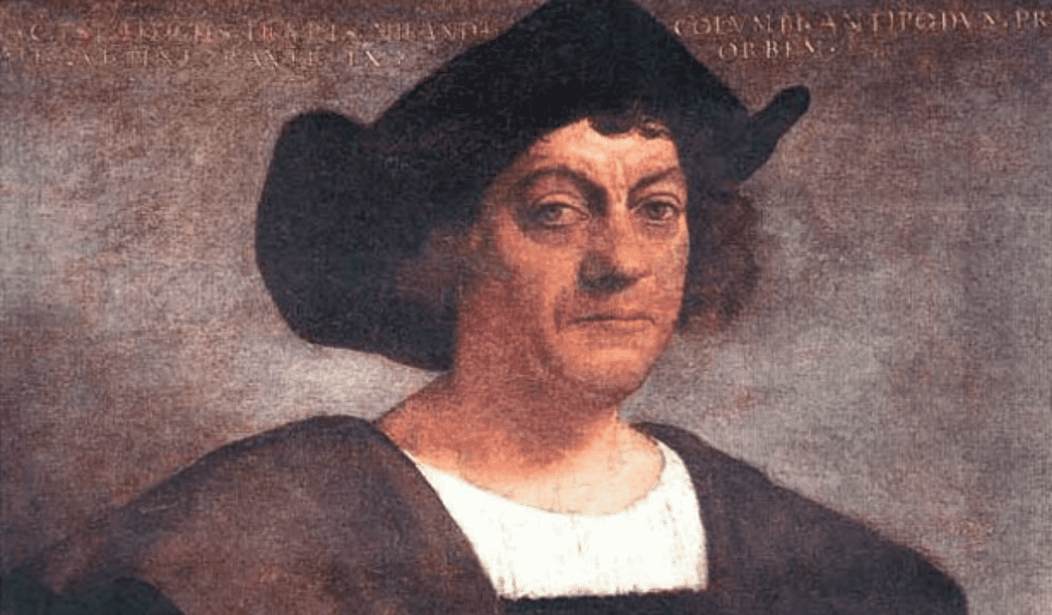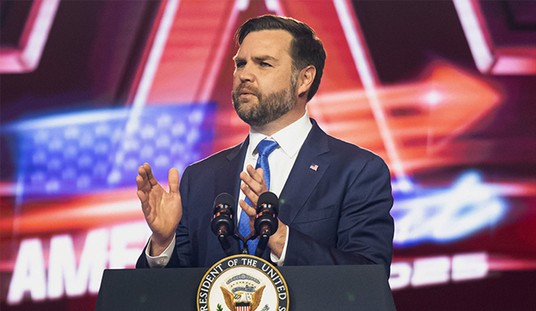A vast majority of Americans support celebrating a holiday honoring Christopher Columbus, according to a poll released this week. While Leftists recently have targeted Columbus for ridicule and rejection, historians agree on his monumental impact.
Patrick Korten, a member of the board of directors at the National Christopher Columbus Association (NCCA), told PJ Media Columbus’ arrival in the Americas was “the single most consequential act in human history.” Even in recent years, historians have published new books about the ways Columbus impacted the modern world. Particularly notable are 1491: New Revelations of the Americas Before Columbus and 1493: Uncovering the New World Columbus Created, both by Charles C. Mann.
Perhaps in light of this, a Marist/Knights of Columbus (KOC) poll conducted in September found that 57 percent of Americans said they think “it is a good idea … to have a holiday named after Christopher Columbus.” Only 29 percent said they think it is a “bad idea,” while 15 percent remained undecided.
Americans in general had a positive view of Columbus. Just over half (56 percent) said they had a “very favorable” or a “favorable” view of the great navigator, while only 28 percent said they had an “unfavorable” or a “very unfavorable” view. Some Americans (12 percent) remained “unsure,” while only 3 percent said they had never heard of Columbus.
More Americans had a “favorable” view (44 percent) than any other view, and less than half as many (20 percent) had an “unfavorable” view.
Furthermore, a vast majority of respondents said they think “Christopher Columbus and other historical figures should be judged by the standards of conduct during the time they lived” rather than “by the standards of conduct of today.” More than three-quarters (76 percent) said historical figures should be judged by the standards of their own time, while less than one-in-five (16 percent) said they should be judged by today’s standards.
Korten, whose organization supports the study of Columbus’ impact on history and opposes efforts to rename Columbus Day “Indigenous People’s Day,” mentioned that Italian-Americans take special pride in Columbus. For much of America’s history, Italian immigrants have not been considered “white,” nor do they identify as “white.”
Perhaps for this reason, the Ku Klux Klan and other white supremacists have targeted Columbus since at least the 1920s.
Even so, Korten emphasized that celebrating Columbus’ history “is not a matter of race, but a matter of remembering an unprecedented encounter between peoples from vastly different cultures and societies who found out for the first time that the other existed.”
Interestingly, Columbus based his voyage off of a grossly inaccurate understanding of the globe. He thought China was thousands of miles closer to Spain than it actually really was, but he nevertheless convinced King Ferdinand and Queen Isabella of Spain to finance his journey.
“Columbus was wrong, but he was right too,” Korten explained. “He was wrong about the distance but he was sure right that you could get somewhere by sailing west.”
“The king and queen of Spain had no way of knowing who was more likely to be right,” the NCCA board member said. Even so, “in Columbus they had a man who was extremely capable and had a fine reputation as a sailor and explorer. He was skilled, confident, capable, and he was consequential.”
Before Columbus, the vast continents of North and South America were fully cut off from the vast continents of Europe, Asia, and Africa. Each civilization was “completely unaware of the existence of the others.” For this reason, Korten argued that “the Columbian encounter was the single most significant development in the history of human civilization.”
Not only did the transfer of peoples and the discovery of the “new world” fundamentally change Europe, America, Asia, and Africa, but the “Columbian Exchange” also introduced new plants and animals which increased food production on both sides of the Atlantic.
“Whatever else anyone might think about Columbus, his history is worth studying,” Korten said. He also noted that Columbus’ path across the Atlantic remains a common travel route today.
The NCCA board member encouraged further study into the history of Columbus. “It is a far better way of enabling all of us to understand the moment at which we began to grow as a very different kind of world than to smash monuments and deface statues,” an effort he described as “just moronic.”
Perhaps rather than tarnishing Columbus and attempting to topple statues, Americans should study the history of this utterly monumental figure. One good way to encourage such research is to have a holiday dedicated to his memory — a holiday most Americans support.









Join the conversation as a VIP Member